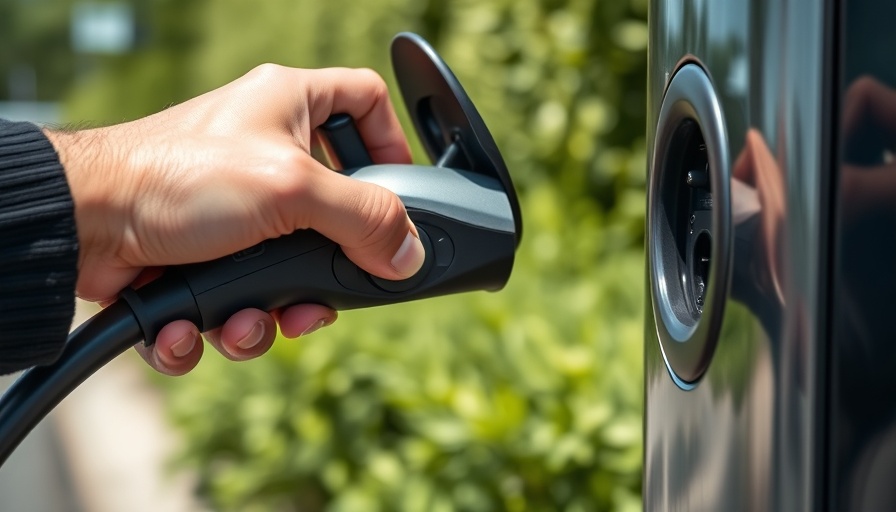
Transforming the Future of Fueling: Toyota's Hydrogen Initiative
Toyota Motor Europe has taken a monumental step towards revolutionizing the hydrogen refueling infrastructure by partnering with Hydrogen Refueling Solutions (HRS) and ENGIE. This collaboration aims to deploy next-generation hydrogen refueling systems that are faster, more versatile, and cost-efficient than ever before.
What Makes This Technology Revolutionary?
The partnership focuses on the innovative Twin Mid Flow Technology, which utilizes a dual nozzle system. This allows one hydrogen dispenser to quickly refuel different types of vehicles. Light-duty vehicles can refuel in under 5 minutes, while heavy-duty trucks can achieve a full tank in less than 10 minutes. A 40-tonne truck, for example, could gain a 600km range in just 8 minutes, dramatically improving operational efficiency for fleet operators.
The Economic Impacts of Hydrogen Infrastructure
One of the most significant benefits of this initiative is the reduced installation costs for hydrogen refueling stations. The plan aligns with the European Union’s Alternative Fuels Infrastructure Regulation (AFIR), which mandates hydrogen stations every 200km along key transport networks by 2030. Lower costs could lead to quicker deployment, encouraging wider adoption of hydrogen fuel-cell technology.
Benefits for Dealerships and Operators
For dealership principals and general managers, this initiative presents opportunities for growth. With more accessible hydrogen stations, the integration of fuel-cell vehicles into dealership fleets becomes more feasible. This boost in demand aligns well with the global shift towards sustainability, allowing dealerships to diversify their offerings and appeal to environmentally-conscious consumers.
The Future of Transport: Are We Ready?
As Toyota, ENGIE, and HRS lead this exciting initiative, the potential for hydrogen as a clean energy source becomes more tangible. The partnership not only signifies technological advancement but also emphasizes the growing importance of hydrogen ecosystems in the transition to cleaner energy. Collaboration among industry leaders is key in accelerating this journey, ensuring various stakeholders are aligned to meet future challenges.
Lessons from Global Trends
There are lessons to be learned from other regions actively implementing hydrogen solutions. Countries like Germany and Japan are already investing heavily in hydrogen technology, and their experiences can offer insights into best practices that could benefit the European market. As the push for hydrogen intensifies, sharing knowledge and strategies will be essential for overcoming challenges.
Conclusion: Embrace the Change
Understanding the direction of hydrogen technology is crucial for industry leaders. As the refueling infrastructure evolves, those involved in dealership management and operations should advocate for and invest in hybrid and hydrogen fuel-cell vehicles. Preparing for this change now can place businesses at the forefront of the next automotive evolution.
 Add Row
Add Row  Add
Add 




Write A Comment